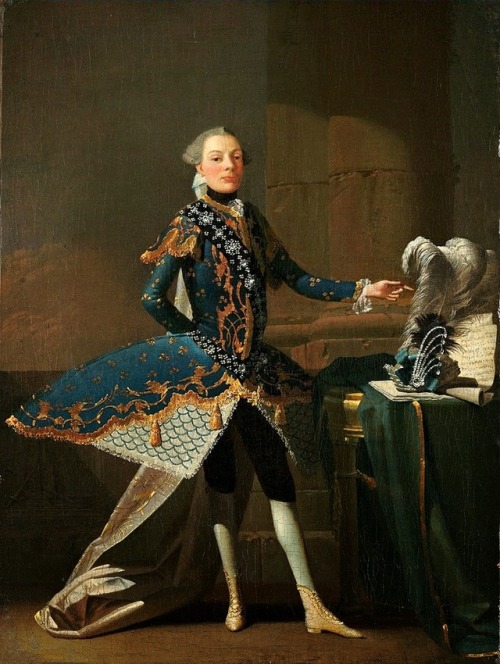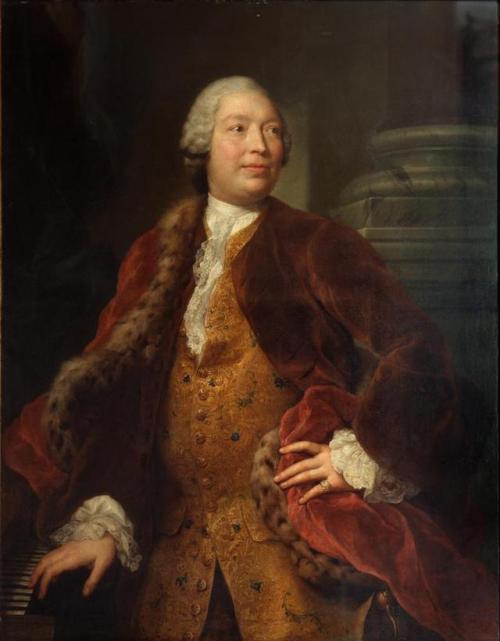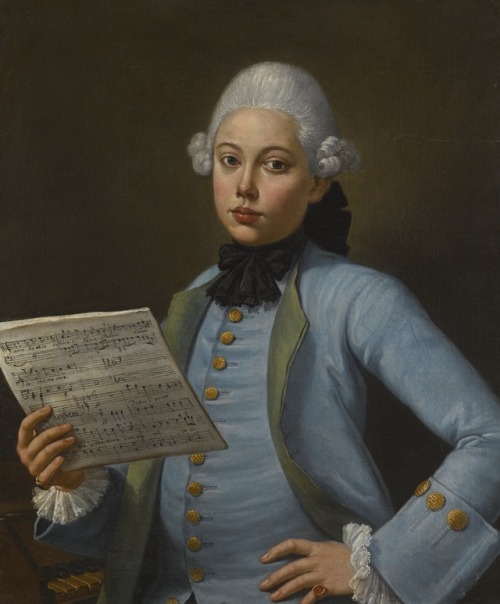#domenico annibali
The brief history of Castrati - part two (part one)
From about 1680 the expectation, eventually the rule, was that the leading male part in a serious opera (primo uomo) should be sung by a castrato; there might be a less important secondo uomo part, also for a castrato, with tenors singing the parts of kings and old men. This was also the period when Italian opera came to be given fairly regularly both in Italy and in those parts of Europe under Italian musical influence - in the German-speaking countries and the Iberian peninsula, from about 1710 in London, from the 1730s in Sankt Petersburg. The best castratos therefore became international stars, welcomed and highly paid in all the leading courts and capital cities, with the notable exception of Paris (where, after Cardinal Mazarin’s attempts at importation in the mid-17th century, they were not allowed to appear in opera; some leading castratos gave concerts when they were passing through, and some much more modest ones remained on the king’s musical establishment as church singers until the Revolution).
The reasons for this new dominance of the castrato voice are interrelated. Italian composers of the period 1680 - 1720 began to write operas calling for more technically demanding coloratura singing; the range expected of leading singers widened, and the tessitura generally rose, as it was to go on doing (for both men and women) through most of the 18th century. Virtuoso castratos were now available in numbers in the service of princes who promoted frequent opera seasons: Giovanni Francesco Grossi (”Siface”) and Francesco Antonio Mamiliano Pistocchi were only the most prominent among a new group of star singers. It was still possible at this time for a famous castrato not to sing in opera at all, like Giovanni Battista Merola, active in Naples in the late 17th century, or, like Matteo Sassano (”Matteuccio”), whose career lasted from 1684 to 1711, to do so only occasionally. But from then on a famous castrato was in the first place an opera singer. Church choirs had increasingly to grant their best castratos leave to sing in opera.
Castratos occasionally appeared in comic opera but (outside Rome) normal voices were there the rule. In the newly refined genre of serious opera, on the other hand, the castrato voice with its special brilliance appears to have struck contemporaries as the right medium to convey nobility and heroism. Objections, when they came, were to the incongruity of castratos in general - or, on moral grounds, to their singing of womens parts - rather than to their appearance as heroes or lovers.
Post link




